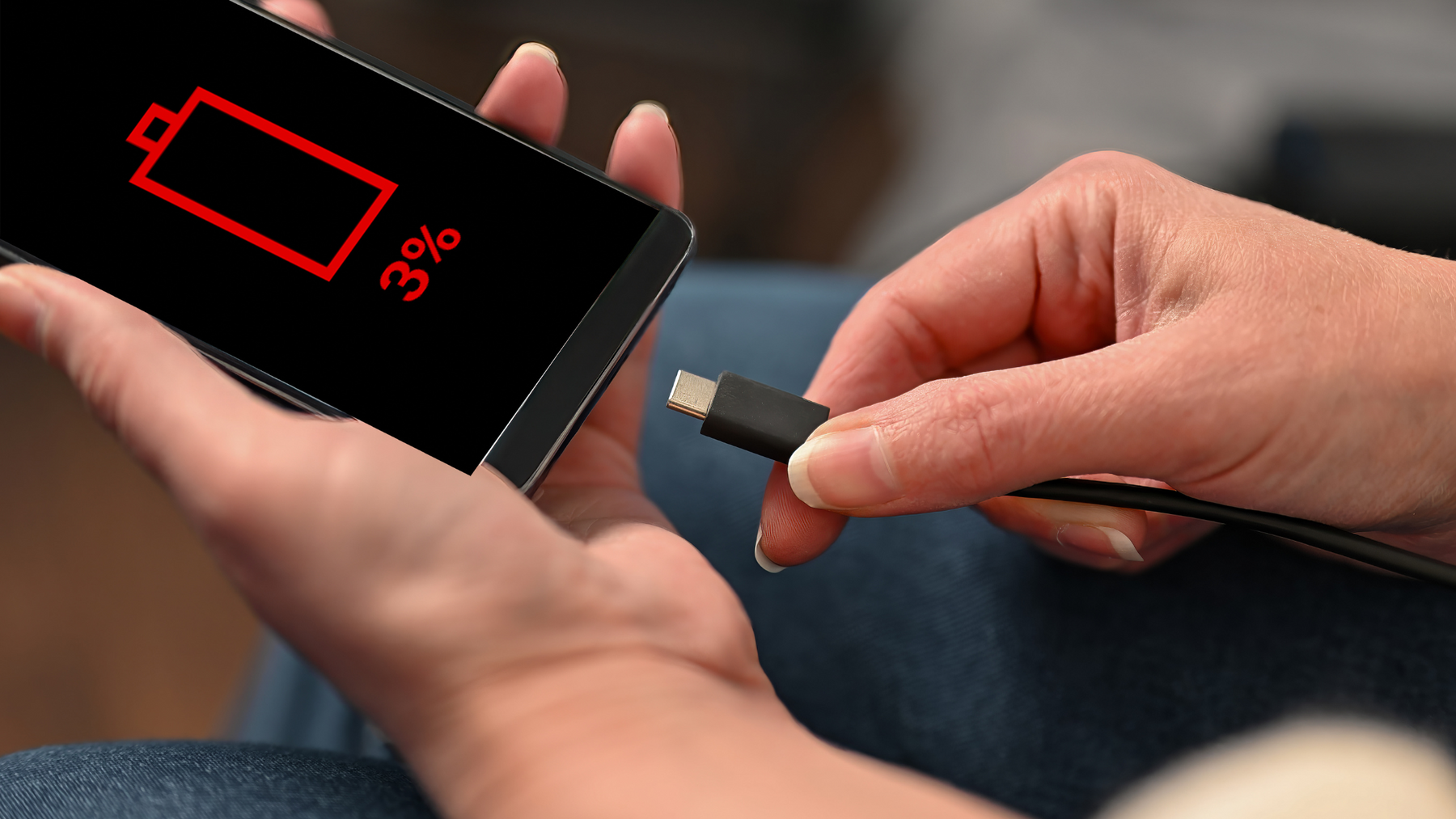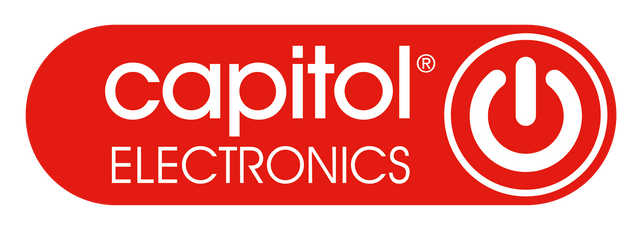info@capitolessentials.com

How to Choose the Right Length for Your Charging Cable
Why Cable Length Matters
The Impact on Charging Speed
The length of a charging cable can directly impact charging speed due to electrical resistance. Longer cables can experience more voltage drop, which may slow down charging.
Convenience vs. Portability
Shorter cables are easier to carry and reduce clutter, but they may limit movement. Longer cables offer flexibility but can be cumbersome to manage.
Safety Considerations
Excessively long cables can be tripping hazards or get tangled, leading to potential damage or safety risks.
Understanding Charging Cable Lengths
Standard Cable Lengths Available
Charging cables typically come in the following lengths:
-
30 cm (1 ft)
-
90 cm (3 ft)
-
180 cm (6 ft)
-
300 cm (10 ft) or more
Short Cables: Pros and Cons
Pros:
-
Faster charging due to less resistance
-
Compact and portable
-
Ideal for power banks
Cons:
-
Limited mobility
-
Less convenient for desk or bedside use
Medium-Length Cables: Pros and Cons
Pros:
-
Balance between portability and reach
-
Suitable for most home and office setups
Cons:
-
Can tangle if not managed properly
Long Cables: Pros and Cons
Pros:
-
Greater flexibility in placement
-
Ideal for large workspaces and living areas
Cons:
-
More prone to tangling
-
Potential voltage drop, affecting charging speed
Factors to Consider When Choosing a Cable Length
Intended Use
-
Home: Medium or long cables work best
-
Office: Short to medium cables reduce clutter
-
Travel: Short cables are more convenient
Device Compatibility
Ensure the cable length suits your device’s charging speed and port placement.
Charging Speed and Power Loss
Longer cables may slow down charging due to resistance, making them less efficient for high-speed charging.
Durability and Flexibility
Consider braided cables or reinforced connectors for longer cables to prevent wear and tear.
How Charging Cable Length Affects Performance
Voltage Drop Explained
Voltage drop occurs when electricity travels through a longer cable, reducing efficiency.
Impact on Charging Speed
Shorter cables generally deliver faster charging, whereas longer cables may lead to slower charging times.
Effect on Data Transfer Speeds
Longer cables can impact data transfer speeds, making short cables a better choice for syncing devices.
Best Cable Lengths for Different Uses
Desk and Office Setup
-
90 cm (3 ft) to 180 cm (6 ft) for easy management
Bedside Charging
-
180 cm (6 ft) to 300 cm (10 ft) for comfortable use
Car and Travel Needs
-
30 cm (1 ft) to 90 cm (3 ft) for compact portability
Gaming and Entertainment Setups
-
180 cm (6 ft) or longer for maximum flexibility
Common Mistakes When Choosing a Charging Cable
-
Selecting a cable that is too short, limiting mobility
-
Ignoring the impact of length on charging speed
-
Choosing cheap cables that wear out quickly
How to Test if Your Cable is the Right Length
-
Measure usage in real-life scenarios
-
Check for tangling issues
-
Test charging speed at different lengths
Cable Quality vs. Length: What’s More Important?
Material and Durability
Braided cables last longer than standard rubber-coated ones.
Impact of Cable Thickness on Performance
Thicker cables often have better shielding, reducing voltage drop.
The Role of Connectors in Charging Efficiency
High-quality connectors ensure stable power transmission.
Fast Charging and Cable Length: What You Need to Know
How Fast Charging Works
Fast charging requires a compatible cable and adapter.
Do Longer Cables Support Fast Charging?
Only if they are designed with low resistance materials.
Best Length for Optimal Fast Charging
Short to medium cables are best for fast charging efficiency.
Wireless Charging vs. Wired Charging: Length Considerations
Do You Need a Long Cable for Wireless Chargers?
Not necessarily; most wireless chargers work well with shorter cables.
Placement Flexibility for Wireless Setups
Longer cables allow better positioning of wireless chargers.
Charging Efficiency Comparison
Wireless charging can be slower than wired charging.
Top Tips for Maintaining Your Charging Cable
-
Store properly to prevent kinks
-
Avoid excessive bending
-
Clean connectors regularly
FAQs About Charging Cable Length
Does a longer charging cable charge slower?
Yes, longer cables may experience voltage drop, reducing charging speed.
What’s the best length for car charging?
90 cm (3 ft) is ideal for in-car use.
Can I extend my charging cable safely?
Using high-quality extenders can help, but performance may be affected.
How do I prevent cable tangling?
Use cable organisers or braided cables to reduce tangling.
Are retractable charging cables a good choice?
They are convenient but may have durability issues over time.
What’s the ideal cable length for gaming setups?
180 cm (6 ft) or longer for flexibility while gaming.
Conclusion: Making the Right Choice for Your Charging Needs
Choosing the right cable length depends on your usage scenario, charging requirements, and cable quality. For fast charging, shorter cables are ideal, while longer cables offer convenience for flexible setups. Prioritise durability and safety to ensure longevity and efficiency
